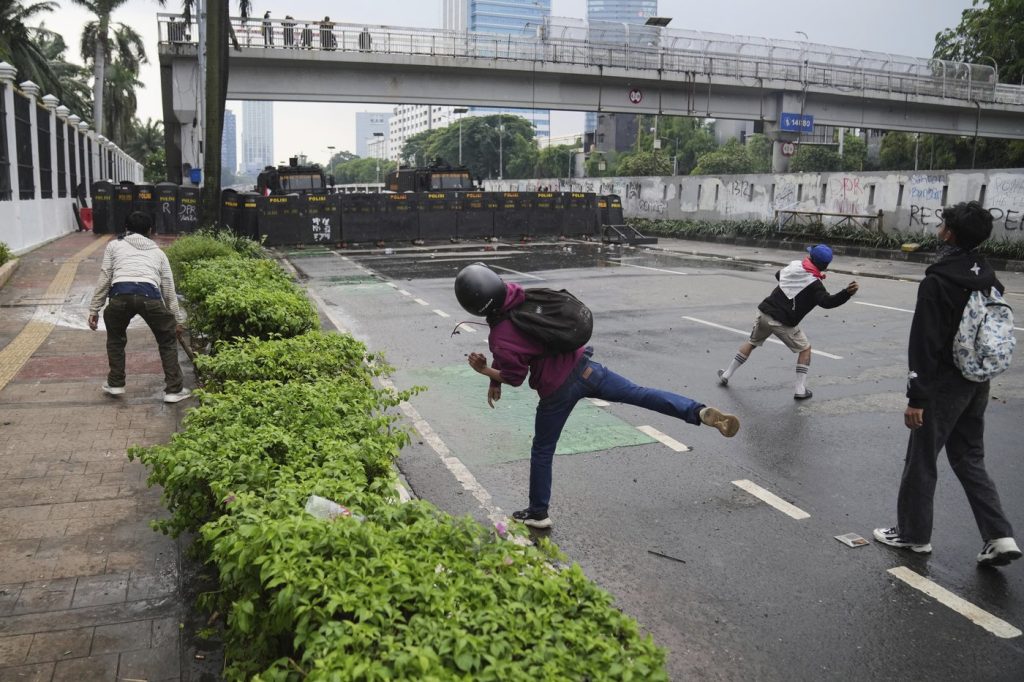On Sunday, Indonesia's President Prabowo Subianto announced a plan to revoke certain privileges enjoyed by lawmakers, including a contentious $3,000 housing allowance. This move aims to alleviate public outrage following protests that resulted in the deaths of six individuals. Subianto, flanked by leaders of eight political parties, made the announcement during a televised news conference in Jakarta.
During the news conference, Subianto stated that effective Monday, lawmakers would face a moratorium on overseas work trips and the scrapping of specific allowances. This decision comes in response to growing public dissatisfaction, particularly after it was revealed that all 580 members of parliament enjoy a monthly housing allowance of 50 million rupiah (approximately $3,075), which is nearly ten times the minimum wage in Jakarta.
The protests, which erupted in Jakarta last week, were fueled by public anger over the lavish benefits afforded to lawmakers at a time when many citizens are struggling with rising living costs and unemployment. The demonstrations intensified following the tragic death of 21-year-old ride-hailing driver Affan Kurniawan, whose death during a protest ignited nationwide outrage and accusations against law enforcement. Eyewitness accounts suggest that Kurniawan was struck by an armored vehicle from the police’s Mobile Brigade unit while on duty.
In light of the violence, Subianto confirmed that police are now investigating seven officers linked to Kurniawan's death. The overall death toll from the riots has escalated to six, with authorities in Yogyakarta reporting the death of a university student during confrontations between demonstrators and riot police.
President Subianto reiterated his government's commitment to upholding the right to free expression as enshrined in Indonesia's constitution. However, he emphasized that when protests devolve into violence, threatening lives and property, such actions become serious violations of the law. He warned that violent acts could lead to charges of treason and terrorism, indicating that the government would not tolerate attempts to destabilize the nation.
Calling for peaceful and constructive dialogue, Subianto urged the public to express their grievances in a non-violent manner, assuring them that their voices would be heard. He concluded by urging citizens to trust the government and remain calm, pledging that his administration would continuously advocate for the interests of the people.











